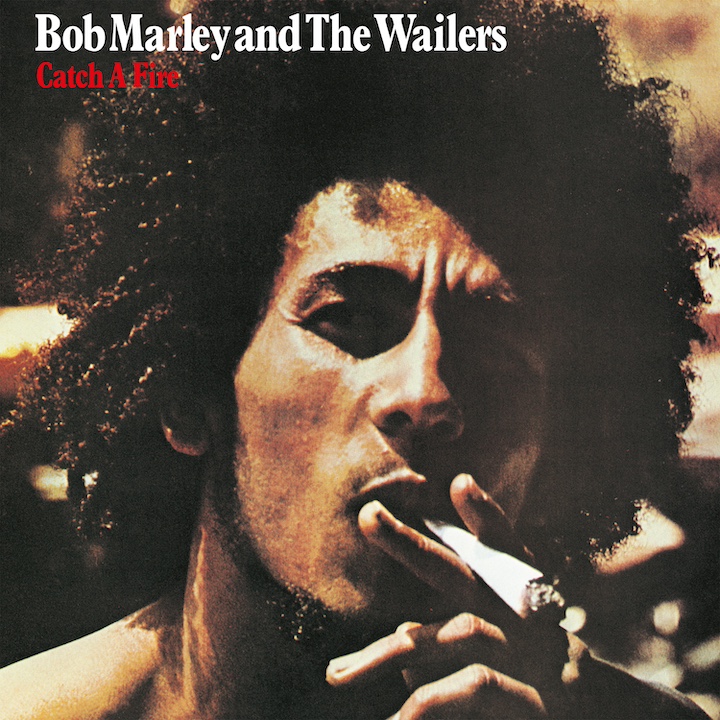An Expanded Edition of Bob Marley & the Wailers’ Catch a Fire
Bob Marley & the Wailers’ Catch a Fire is aptly named because it helped the reggae giant’s music catch fire internationally. Despite having released four previous studio albums, the group had achieved so little success before this 1973 LP that it couldn’t afford to fly home after a UK tour. And no wonder: its records had enjoyed only minimal distribution outside its homeland, and it had yet to even play North America.
Noting the band’s situation, producer Chris Blackwell advanced it a reported $6,000, which its members used to return from England to Jamaica. There, they finished work on the LP, their first for Blackwell’s Island Records and their first to be widely distributed (though an initial release, credited only to the Wailers, was limited).
Despite its availability, the album didn’t turn the group into an overnight sensation: it stalled at No. 171 on Billboard’s pop charts. But its reputation grew over time, and it now shows up regularly on lists of the best reggae albums as well as on lists of the best records of the entire rock era.
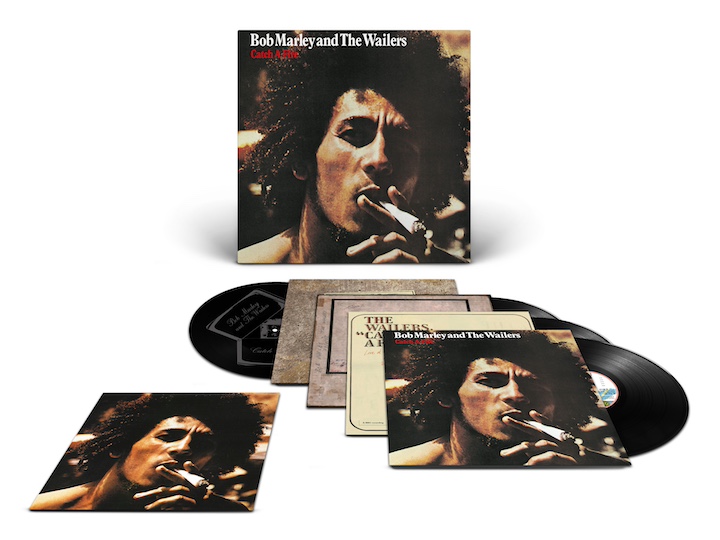
Its reputation is deserved, though its success relative to earlier releases probably had more to do with its wide exposure than with any musical changes: several of the tracks on Catch a Fire were previously released and in versions that are arguably even better than the ones on this LP.
Still, the album is excellent, and probably more suited to a large audience than earlier Wailers releases, thanks partly to Blackwell’s radio-friendly production and overdubs. The stellar material, which mixes protest songs with upbeat romantic music, includes seven Marley compositions, among them the party-ready “Baby We’ve Got a Date (Rock It Baby)”; the searing “Slave Driver,” which includes the phrase that gave the album its name; and the infectious “Stir It Up,” which provided a hit for Johnny Nash (who had just toured with the Wailers) shortly before the release of Catch a Fire.
There are also two powerful Peter Tosh numbers, “400 Years” and the infectious “Stop That Train,” both of which foretold his subsequent solo successes. The harmony-rich performances are fine throughout, especially by Marley (guitar, lead vocals on all but two tracks), Tosh (organ, guitar, piano, vocals), and Bunny Livingston, also known as Bunny Wailer (bongos, congas, vocals).
The album has been the subject of multiple reissues, including a 2001 edition that was touted as “definitive,” but a new three-CD 50th-anniversary edition (also available on vinyl) is the one that most deserves that label. Packaged with a book that includes photos and fresh liner notes by journalist Chris Salewicz, it offers the original release on its first disc. A second CD features a previously unissued 1973 London concert that embraces nearly everything on the studio album plus “Get Up, Stand Up” and “Rastaman Chant.” The third disc contains eight alternate versions of tracks from the studio album plus three numbers from a 1973 Edmonton, England gig that have not previously seen official release. The only regrettable omissions are the original Jamaican versions of Catch a Fire’s songs, all of which did figure in the 2001 reissue.
It’s hard to imagine that many reggae fans don’t already own the 1973 release of this LP, but even if you have it, this 50th-anniversary collection offers good reasons to upgrade.
An Anthology of Power Pop
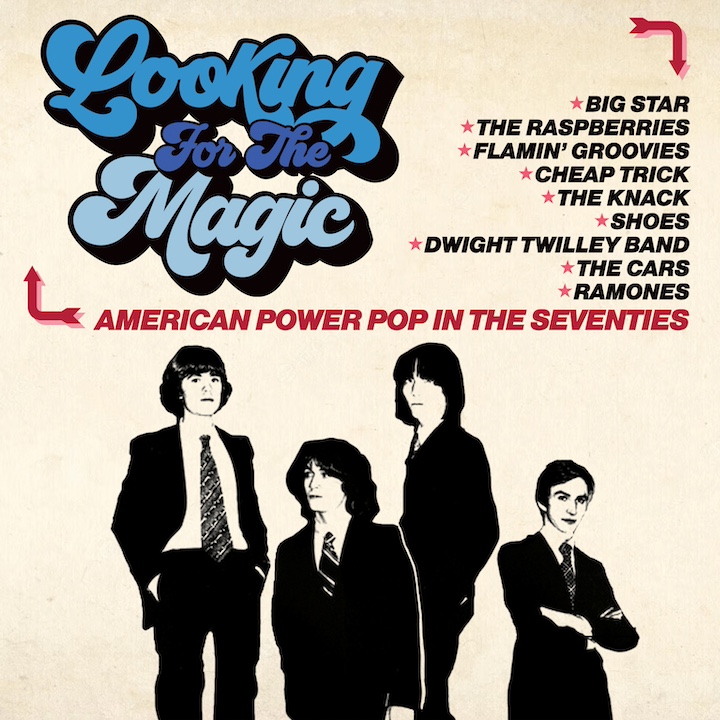
“Power pop” has always been a loosely defined genre – a big umbrella for upbeat, guitar-driven music that mostly harkened back to 1960s pop rock but that makes room for acts and songs that didn’t all exactly issue from the same universe. That’s what you’ll find on the three-CD, 76-track Looking for the Magic: American Power Pop in the Seventies, which covers the music’s peak period and embraces diverse styles.
A few leading power-pop outfits are missing from the program, including Nick Lowe, Dave Edmunds, Blondie, and Boston. Also not featured are some little-known but essential tracks, like the Only Ones’ explosive “Another Girl, Another Planet.” That said, the package does showcase material from most of the prominent power-pop acts as well as one-hit wonders, no-hit wonders, and no-hit-no-wonders.
Bestsellers on the program include Blue Oyster Cult’s Byrds-like “(Don’t Fear) the Reaper,” the Cars’ “My Best Friend’s Girl,” Andrew Gold’s Peter Asher–produced “Lonely Boy,” and Todd Rundgren’s “We Gotta Get You a Woman” (which doesn’t particularly sound like power pop). There are also lesser-known tracks by famous bands, such as “Down on My Knees” by Bread, “Love Is Gonna Come at Last” by Badfinger,” and “Your Number or Your Name” by the Knack.
The program has its weak points, such as the MC5’s Jon Landau–produced “Shakin’ Street,” a mediocre track that the group recorded after it had apparently decided to skip the revolution and go for the gold – unsuccessfully, as it turns out. Other forgettable moments include Crabby Appleton’s “Go Back,” the American Dream’s “Egg Carton Wall,” and the Wackers’ “It’s My Life” (which is not to be confused with the Animals’ classic song of the same name).
But the pleasure in exploring a grab bag like this is discovering random, relatively obscure gems that you otherwise never would have encountered, and there are more than a few of those here, such as “To Be Your Friend” by Eric (aka Sid Bradley), which sounds like a great lost Undertones track; the Flamin’ Groovies’ “You Tore Me Down” and Athanor’s “I Don’t Mind,” both of which evidence a strong Beatles influence; the Greg Kihn Band’s rendition of Bruce Springsteen’s “Rendezvous”; the punk-psychedelic “Some Kind of Jerk” from Boston-based Fox Pass; Earth Quake’s “Friday on My Mind,” a San Francisco Bay Area group’s sharp-edged reading of the Easybeats hit; and “Slip Away,” a propulsive solo single from Stories’ Ian Lloyd.
Also featured are such power-pop standouts as Television; Jonathan Richman; the Raspberries and its lead singer, Eric Carmen; Big Star and that group’s prime mover, Alex Chilton; the Runaways; Cheap Trick; Grin and its leader, Nils Lofgren; the Ramones; and the late, great Dwight Twilley, whose included “Looking for the Magic” gives this anthology its title.
Also Noteworthy
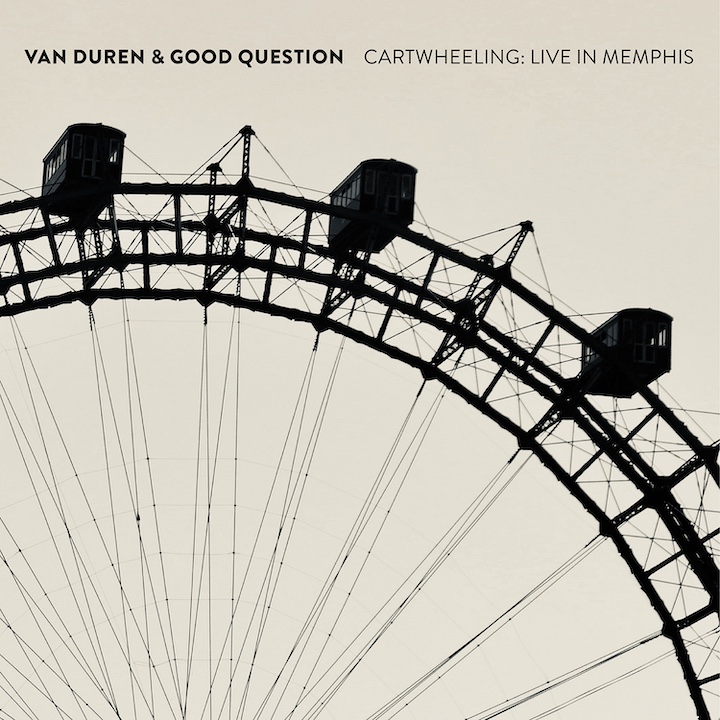
Van Duren & Good Question, Cartwheeling: Live in Memphis. Van Duren has never gained a large fan base, perhaps at least partly because he has recorded only sporadically. But he developed a cult following in the 1970s when he worked with Big Star’s Jody Stephens and played a role in Memphis, Tennessee’s power-pop movement. (In fact, he appears in the power-pop anthology reviewed above.) This new release captures a 1992 concert performed with his band, Good Question, for an audience of 80 family members and friends. Its program, which includes one co-write with Stephens, features songs from Duren’s studio LPs as well as some previously unheard originals and a high-energy cover of the Beatles’ “Got to Get You into My Life.” Duren’s catchy material and impassioned vocals – both of which strongly recall Billy Joel’s 1980s work – make this well worth a listen.
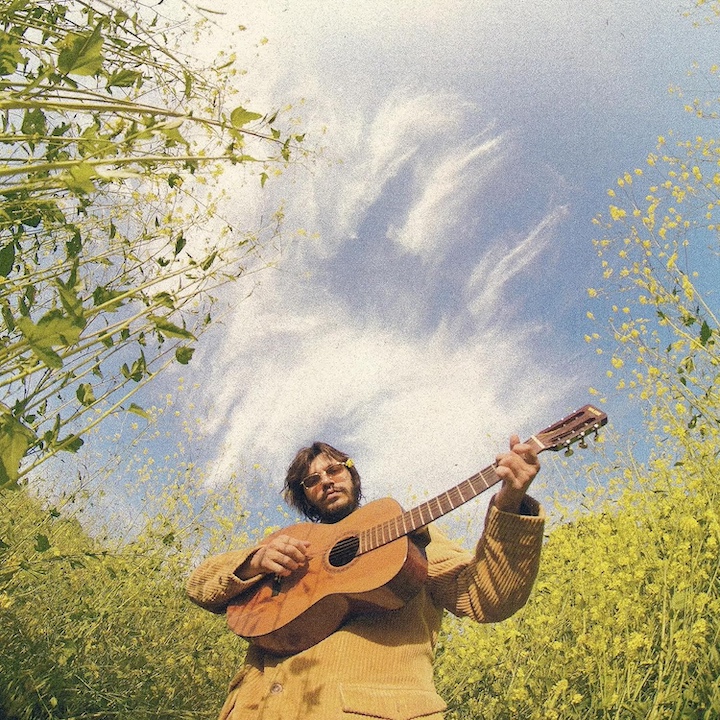
John Vincent III, Songs for the Canyon. This is the first we’ve heard from folk-pop singer, songwriter, and multi-instrumentalist John Vincent III since 2019’s Songs from the Valley. Since then, he has spent time traveling around the country with his girlfriend and, on the evidence of this album, honing his musical approach. Songs for the Canyon, whose title is a nod to California’s Laurel Canyon and the wealth of music that emerged from that area in the 1960s and seventies, does in fact recall its heyday – not just singer/songwriters like David Crosby, Neil Young, and Joni Mitchell but at times, the Pet Sounds–era Beach Boys. The album, which seems remarkably cohesive despite multiple producers, profits from Vincent’s expressive high-pitched vocals, imaginative romantic lyrics, and lush soundscapes that feature violin, viola, and cello.
Jeff Burger’s website, byjeffburger.com, contains five decades’ worth of music reviews, interviews, and commentary. His books include Dylan on Dylan: Interviews and Encounters, Lennon on Lennon: Conversations with John Lennon, Leonard Cohen on Leonard Cohen: Interviews and Encounters, and Springsteen on Springsteen: Interviews, Speeches, and Encounters.


